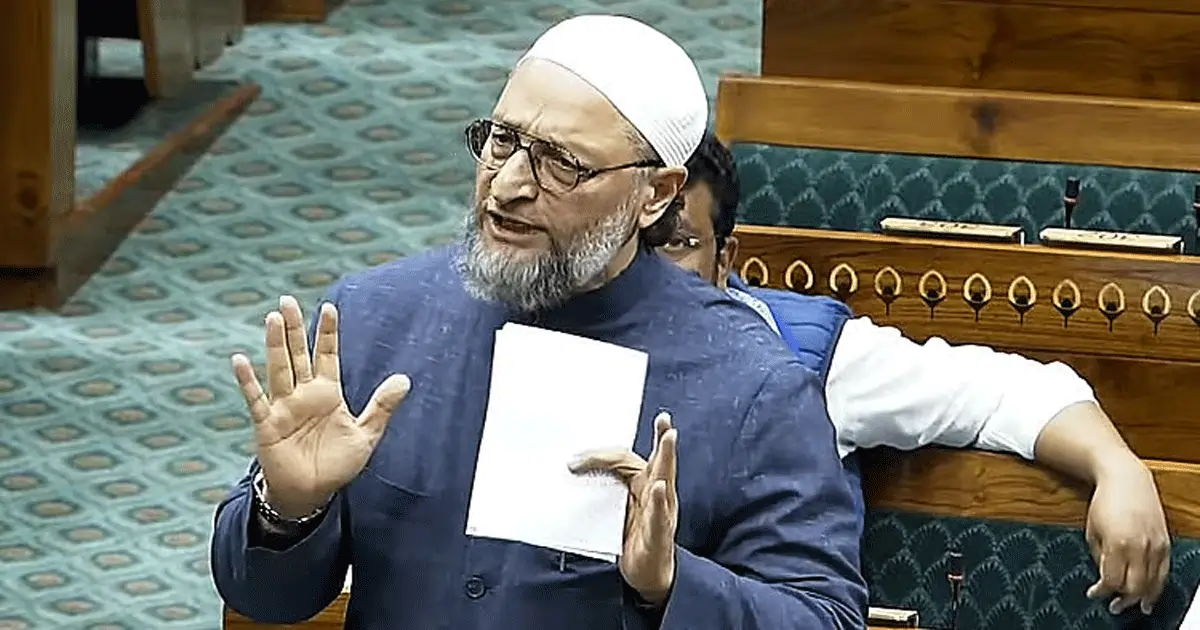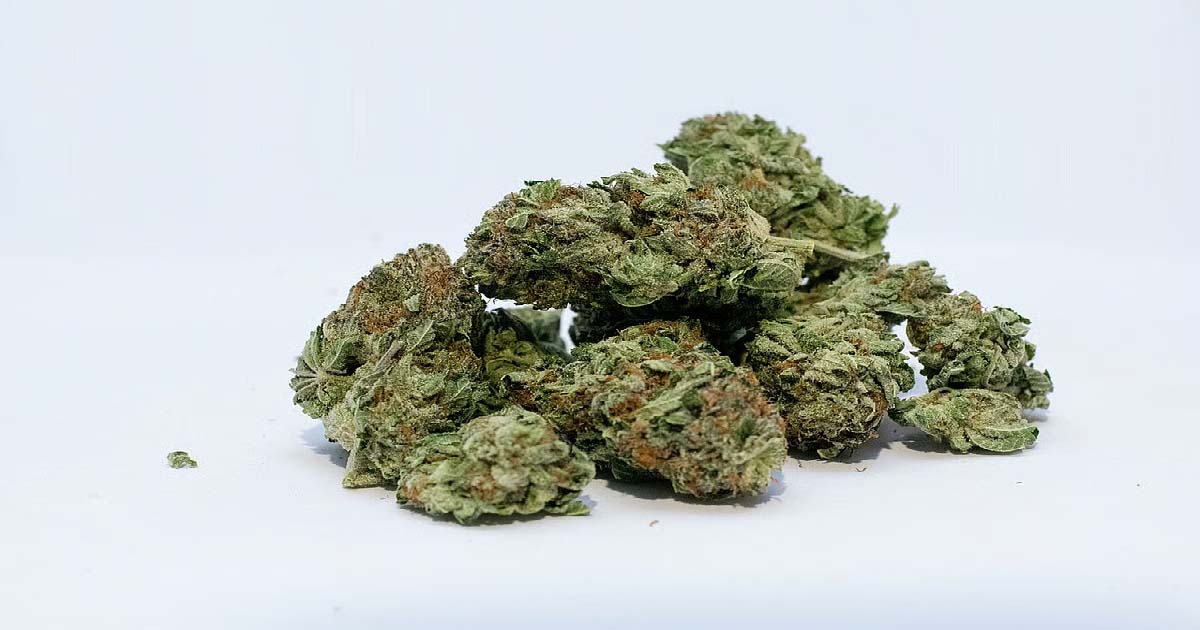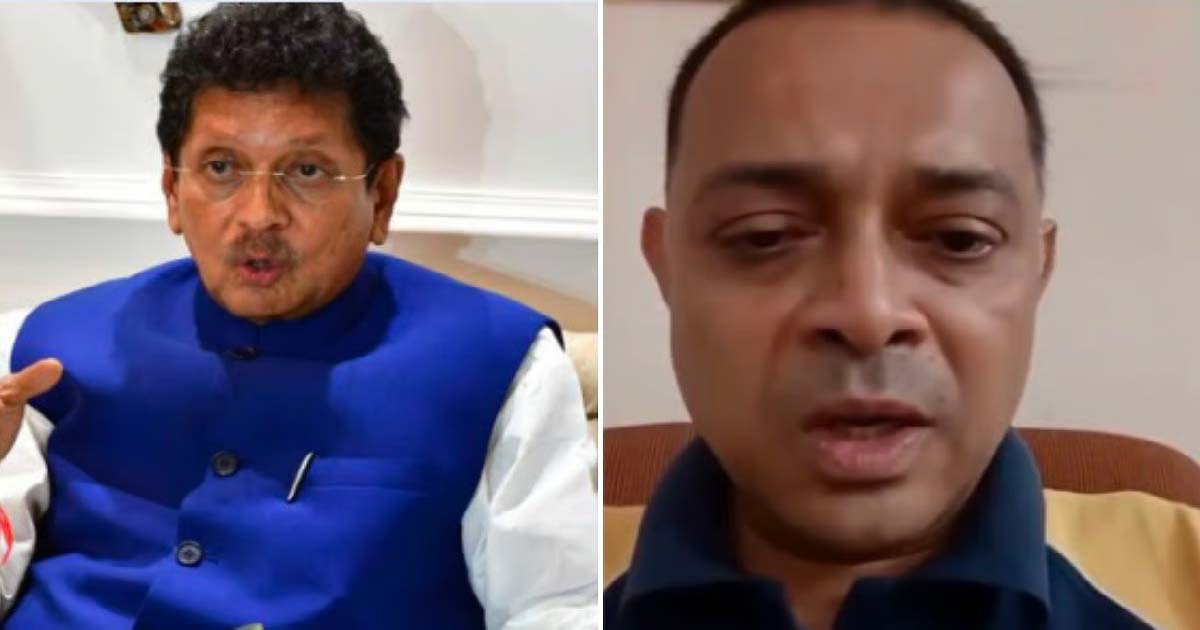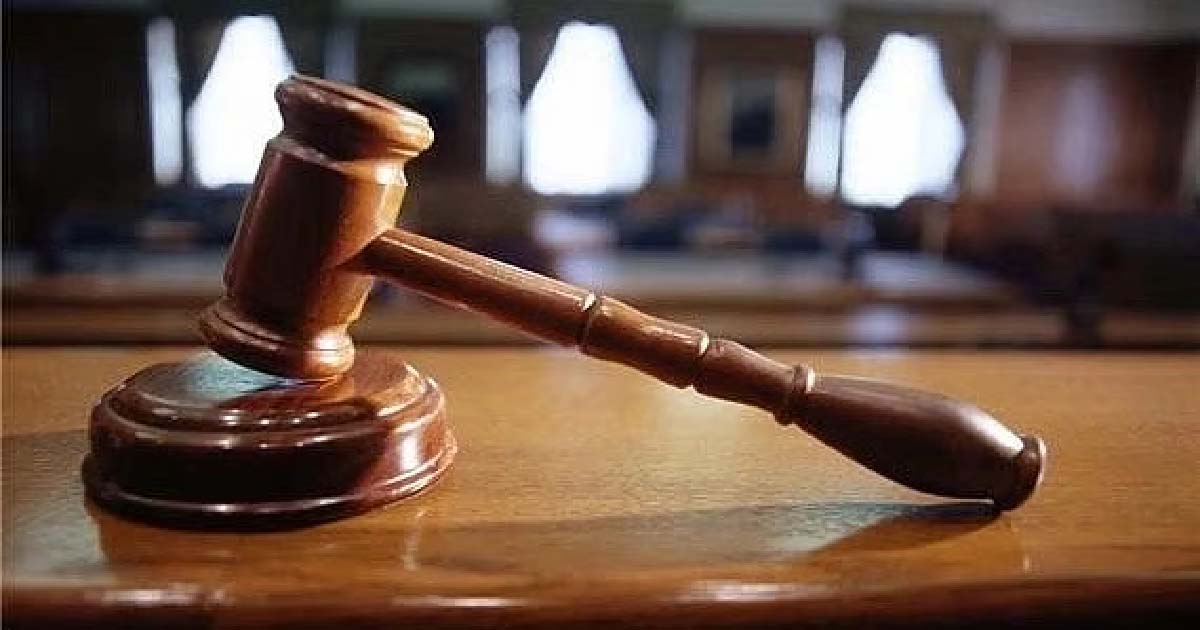National News
‘Will Lead To Social Instability…’: Asaduddin Owaisi Warns Modi Govt Against Waqf Bill

New Delhi: All India Majlis-e-Ittehadul Muslimeen (AIMIM) chief Asaduddin Owaisi, strongly opposed the Waqf Bill during the Joint Parliamentary Committee (JPC) meeting in the Lok Sabha on February 4.
Owaisi warned the Modi government against tabling the bill in its current form, saying that it will lead to “social instability in the country.” The AIMIM chief emphasised that the Muslim community has rejected the bill in its present form as it violates Articles 25, 26 and 14 of the Indian Constitution, which guarantee rights to religious equality and freedom.
“I am cautioning and warning this government – if you bring and make a Waqf law in the present form, which will be a violation of Articles 25, 26 and 14, it will lead to social instability in this country. It has been rejected by the entire Muslim community. No Waqf property will be left, nothing will be left,” Owaisi said during his address in the Lok Sabha.
“As a proud Indian Muslim, I will not lose an inch of my Masjid…I will not lose an inch of my Dargah. I will not allow that. We will no more come and give a diplomatic talk over here. This is the House where I have to stand and speak honestly, that my community – we are proud Indians. It is my property, not given by anyone. You cannot snatch it away from me. Waqf is a form of worship for me,” he added.
Asserting that the bill will hinder the nation’s progress, Owaisi further said, “You want to make India ‘Viksit Bharat’, we want ‘Viksit Bharat’. You want to take this country back to the ’80s and early ’90s, it will be your responsibility.”
What Does Waqf Mean In Islamic Law?
Waqf in Islamic law refers to property dedicated to religious or charitable purposes, such as funding mosques or supporting the needy. Once designated as waqf, the property cannot be sold, inherited, or transferred, with its income supporting the intended causes.
A key issue in the new Bill is the proposal to allow non-Muslims to serve on important waqf bodies like the Central Waqf Council and State Waqf Boards. This departs from the 1995 Act, which restricted these roles to Muslims, and also includes provisions for women and non-Muslim members.
Opposition MPs Protest Against The Waqf (Amendment) Bill
The Waqf (Amendment) Bill, was introduced in the Lok Sabha on August 8 2024. The bill was referred for consultation to a 31-member Joint Parliamentary Committee, chaired by BJP leader Jagdambika Pal. So far, 572 amendments have been proposed to the draft bill by the committee.
On February 3, opposition MPs Kalyan Banerjee (Lok Sabha) and Md. Nadimul Haque (Rajya Sabha) strongly opposed the removal of key portions from their dissent notes submitted to the JCP on the bill.
In their letter to Lok Sabha Speaker Om Birla, the MPs accused that their objections were deleted without any prior notice or explanation.
“To our dismay and utter surprise, we found that the following objectives and dissent notes have been deleted by the Chairman without informing us and without our consent,” an excerpt from the letter dated February 3, 2025, read.
Crime
BJP Leader’s Son Held In Navi Mumbai For Selling Hydro Ganja Sourced From Thailand

Navi Mumbai: The Navi Mumbai Police’s Anti-Narcotics Cell has arrested Keyur Jayesh Gogri (29), son of Beena Gogri, National President of the BJP’s Bharat Raksha Manch, for allegedly selling hydro ganja smuggled from Thailand.
The arrest followed a raid at his residence in Kharghar Sector 19, where police seized 800 milligrams of hydro ganja worth ₹5,000.
Acting on a tip-off, a team led by Senior Police Inspector Sandeep Nigde of the Anti-Narcotics Cell conducted a raid on October 30 at Shivsai Building in Kharghar. During the search, police recovered plastic packets, a crusher, and a weighing scale from Gogri’s apartment.
A further inspection of his car led to the discovery of hydro ganja concealed under the seat.
According to officials, the contraband was reportedly smuggled from Thailand through illegal routes by two of Gogri’s friends. During interrogation, Gogri allegedly confessed that he had procured the substance from his friend Sharikh, a resident of Bhandup, who smuggled it from Thailand, and occasionally from Noman, who lives in Ulwe.
He admitted that he intended to sell the drug to local youths in the Kharghar area.
Following the seizure, the Anti-Narcotics Cell registered a case under the Narcotic Drugs and Psychotropic Substances (NDPS) Act at the Kharghar Police Station, leading to Gogri’s arrest.
Police have since intensified their search for the two suppliers linked to the Thailand-based drug network.
“The seized hydro ganja has a clear international trail connected to Thailand. We are tracing the two other suspects involved in this smuggling network,” said Senior Police Inspector Sandeep Nigde of the Anti-Narcotics Cell.
Crime
Fresh Twist In Powai Hostage Case: DCP Datta Nalawade Reached Out To Former Education Minister Deepak Kesarkar For Mediation

Mumbai: In a fresh twist, it has come to light that deputy commissioner of police (DCP) Datta Nalawade had contacted former education minister Deepak Kesarkar, seeking his help to negotiate with Rohit Arya on October 30 when he had taken 17 children hostage. “If the crime branch summons me for a statement, I will cooperate with the probe,” Kesarkar told this newspaper.
According to police sources, the DCP made the call around 2 pm and requested Kesarkar to speak with the hostage-taker, calm him down and secure the kids’ safe release. However, Kesarkar reportedly avoided a direct conversation with Arya, instead suggesting that Arya’s claim of pending dues could be settled in tandem with the department concerned. When contacted by the Free Press Journal, Kesarkar confirmed receiving a call from the DCP.
“Yes, Nalawade called me that day. However, I did not realise the situation was so grave. I was in a meeting at the time,” he said
The former minister added that Arya’s relief proposal was delayed due to incomplete documentation with the education department. Sources revealed that statements of the ATS officer Amol Waghmare, who fired at Arya, Powai police senior inspector Sonawane, and R A Studio owner Manish Agarwal have been recorded.
Police are also examining the phone and medical history of the dead hostage-taker and trying to ascertain from where he procured the airgun used in the incident. Preliminary findings indicate that Arya had invited several aspiring actors – five from Nanded, one each from Kolhapur, Sakinaka and Borivali, and three from Navi Mumbai – to R A Studio for auditions.
Crime
Mumbai: MCOCA Court Refuses To Discharge 63-Year-Old Accused In 1992 JJ Hospital Shootout Case

Mumbai: The special MCOCA court has refused to discharge 63-year-old Tribhuvan Rampati Singh, accused of being one of the assailants in the 1992 JJ Hospital shootout in Mumbai, aimed at avenging the 1991 firing at Dawood Ibrahim’s brother-in-law, Ibrahim Iqbal Parkar.
The prosecution alleges that a group, purportedly from the Arun Gawli gang, attacked Parkar on March 16, 1991. Subsequently, on September 12, 1992, at 3:45 am, assailants armed with AK-47s, pistols, revolvers, and hand grenades entered the ward where shooter Shailesh Haldankar was admitted, opening fire. Haldankar and two constables on security duty were killed, with several others seriously injured.
Arrested after 32 years in Uttar Pradesh for murder charges, Singh was identified through eyewitness statements and a test identification parade, with his confession implicating him in the attack. The prosecution noted, “the report of the doctor about old injuries that appeared on the person of the applicant clearly reflects the old injury due to firearms,” as Singh was injured during police retaliation and fled. Singh’s lawyer, Sudeep Pasbola, claimed mistaken identity, arguing that only two assailants, Subhash Thakur (convicted) and Brijesh Singh (discharged), were involved, and the identification after 32 years is unreliable.
Prosecutor Sunil Go nsalves countered that Singh, alias Ramapati Pradhan, refused a DNA test. The court, after reviewing the record, observed, “prima facie evidence clearly demonstrates that the applicant was involved in the offence of conspiracy, murder, aiding, and abetting to the criminal activity of a crime syndicate,” finding sufficient grounds to proceed against Singh.
-

 Crime3 years ago
Crime3 years agoClass 10 student jumps to death in Jaipur
-

 Maharashtra1 year ago
Maharashtra1 year agoMumbai Local Train Update: Central Railway’s New Timetable Comes Into Effect; Check Full List Of Revised Timings & Stations
-

 Maharashtra1 year ago
Maharashtra1 year agoMumbai To Go Toll-Free Tonight! Maharashtra Govt Announces Complete Toll Waiver For Light Motor Vehicles At All 5 Entry Points Of City
-

 Maharashtra1 year ago
Maharashtra1 year agoFalse photo of Imtiaz Jaleel’s rally, exposing the fooling conspiracy
-

 National News1 year ago
National News1 year agoMinistry of Railways rolls out Special Drive 4.0 with focus on digitisation, cleanliness, inclusiveness and grievance redressal
-

 Maharashtra12 months ago
Maharashtra12 months agoMaharashtra Elections 2024: Mumbai Metro & BEST Services Extended Till Midnight On Voting Day
-

 National News1 year ago
National News1 year agoJ&K: 4 Jawans Killed, 28 Injured After Bus Carrying BSF Personnel For Poll Duty Falls Into Gorge In Budgam; Terrifying Visuals Surface
-

 Crime1 year ago
Crime1 year agoBaba Siddique Murder: Mumbai Police Unable To Get Lawrence Bishnoi Custody Due To Home Ministry Order, Says Report












